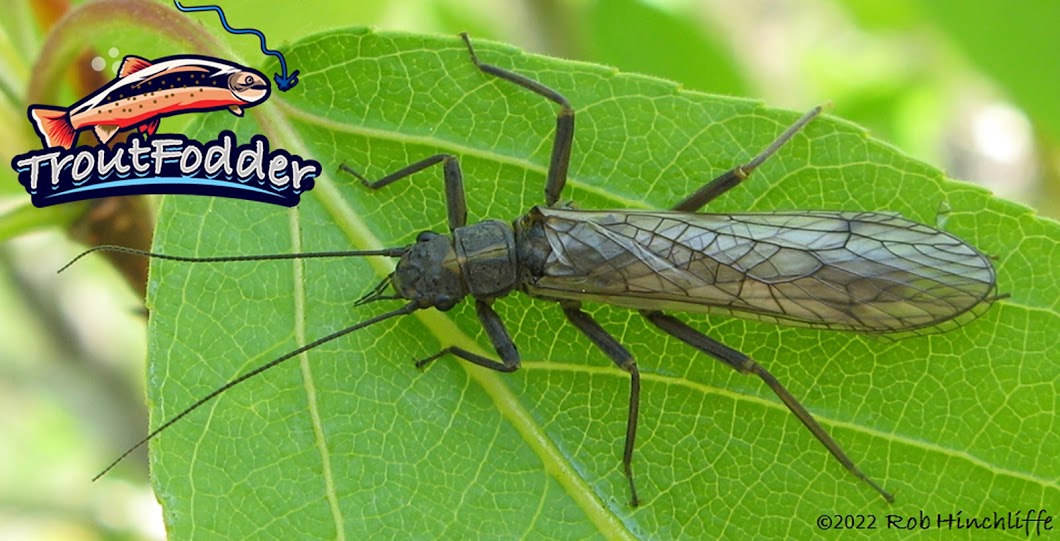As snowy weather settles in, a fly angler’s thoughts typically
turn to winter projects. Cleaning and lubing fly reels, replacing fly lines and
leaders, and re-stocking fly boxes are generally at the top of the list. But aside
from the usual maintenance duties, there is also time to work on some of the more
pie-in-the-sky type projects. One such project that I started last winter was
the build on my fourth wooden fly rod (see How to Build a Wooden Fly Rod under
Gear Guide). This new rod will be a replacement for my 8’ 4”, 5 weight wood fly
rod that started to split last summer.
Building wooden fly rods has definitely been a learn as you
go endeavor – some of the rods that I have built over the years have eventually
succumbed to the strain of casting, either developing cracks or breaking. Most
of the rod failures can be traced back to flaws in the original blank or poorly
designed tapers. Despite the setbacks, I currently have two wood rods in my
arsenal that have survived the test of time and that I have caught many good
trout on. The one that I use most often, a 6’ 6”, 3 weight, is meant for working
small streams but I recently had it out a few times on the North Ram during the
low flows of late September. The other rod is the first fly rod I built; a 7’ 1”,
6 weight. It is a little clunky to cast but it gets the job done – and I like
the look and feel of the solid wood grip.
The rod blank that I cut last winter has been casually
seasoning (i.e. drying) in the garage all summer and will be ready for construction
by March. I plan to start sourcing materials to complete the new wooden rod next
week – I will compile a list of the tools and parts needed and post it next chance I get.

.jpg)
This is very cool. Thank you for posting all this information on making wooden fly rods. I'd love to give it a shot. I'd be interested in any historic source material you've found on pre-bamboo rod making.
ReplyDelete